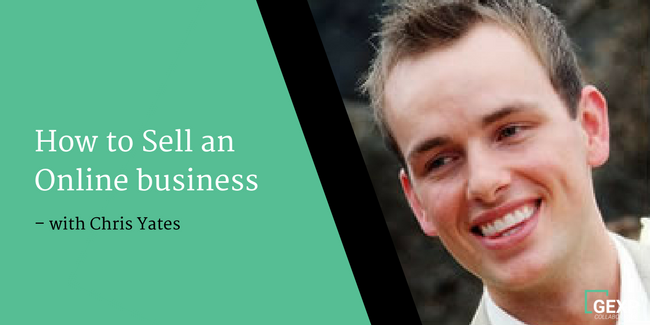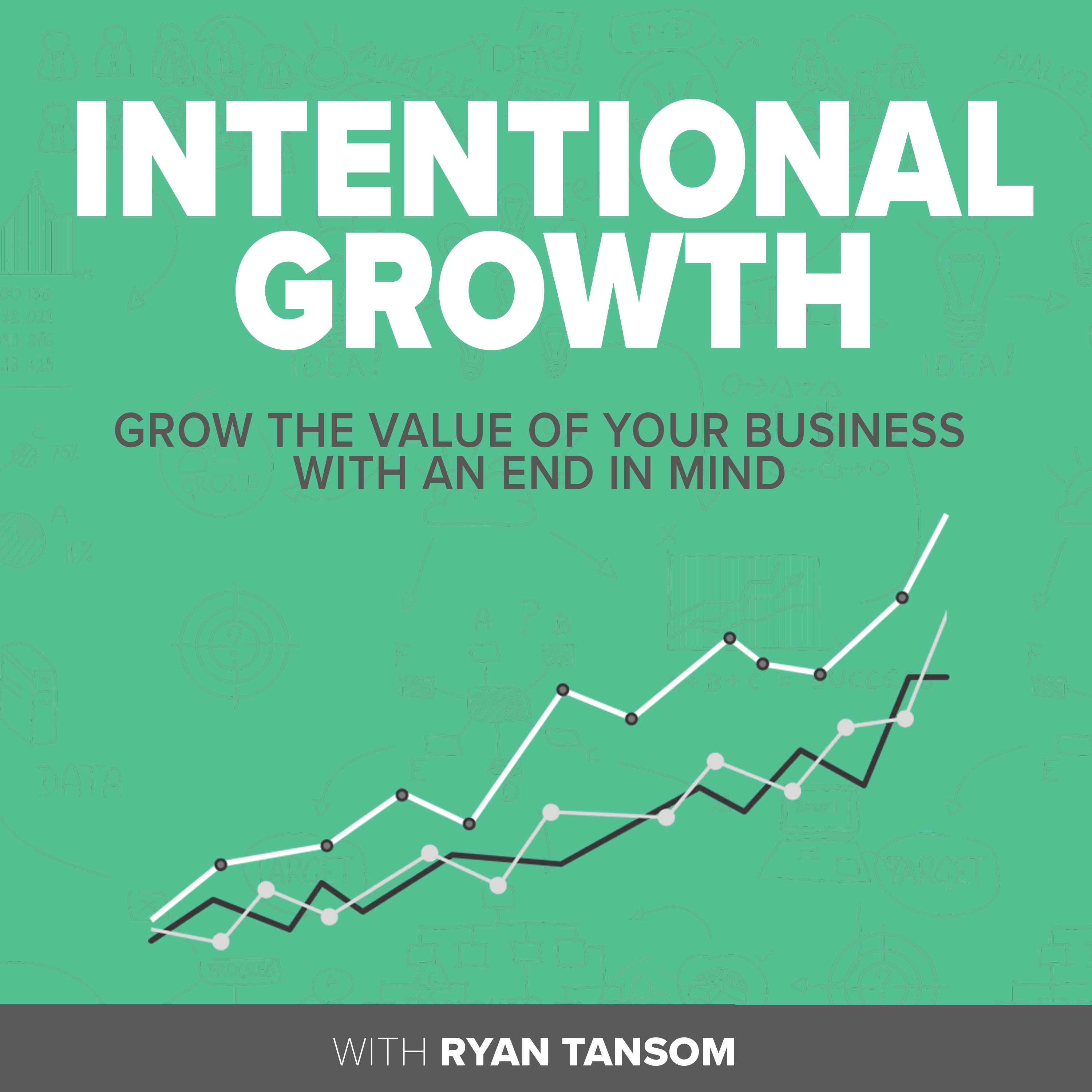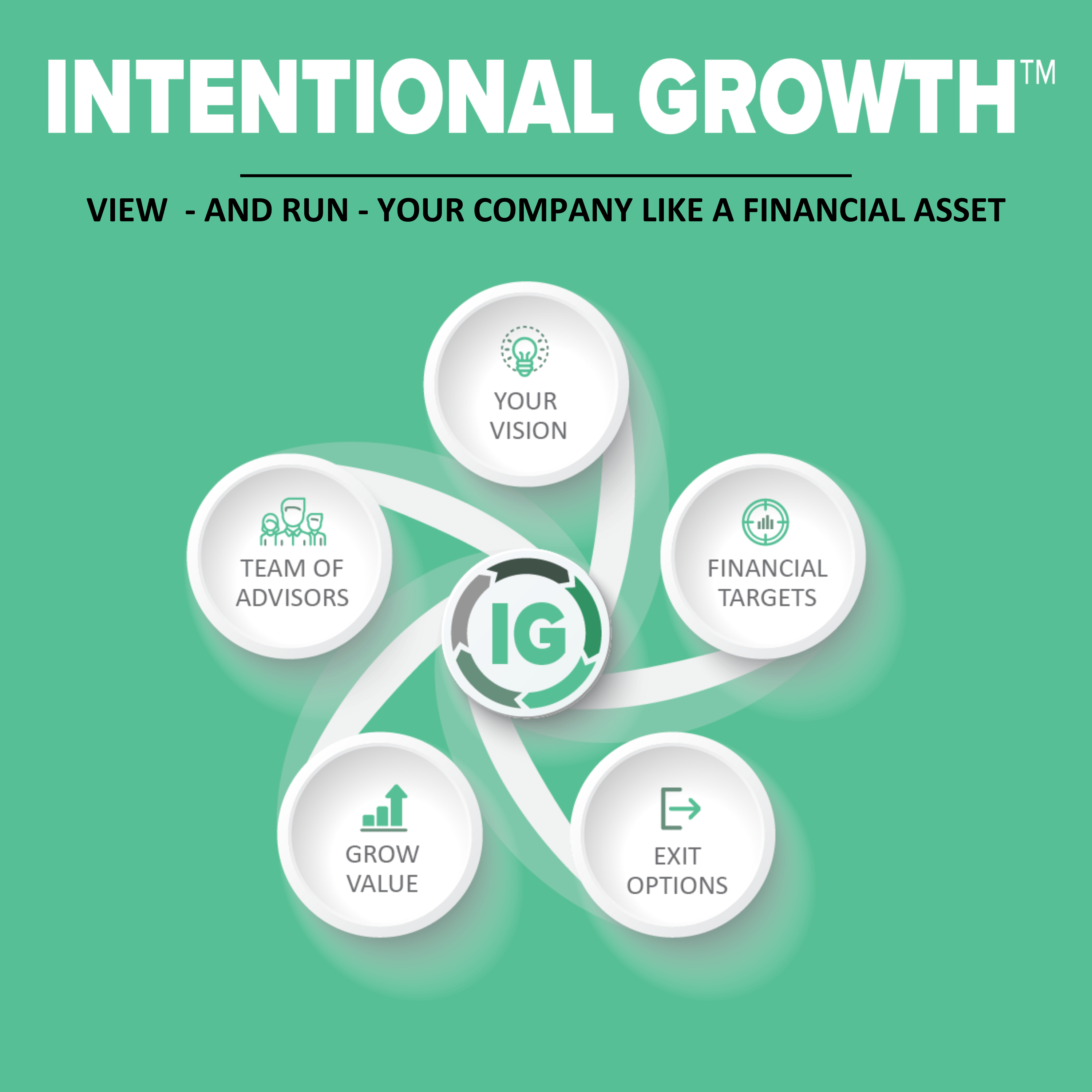[et_pb_section bb_built=”1″ _builder_version=”3.15″ custom_margin=”0px|0px||0px” custom_padding=”0px|0px||0px” custom_margin_tablet=”|0px||0px” custom_margin_last_edited=”on|tablet” custom_padding_tablet=”|0px||0px” custom_padding_last_edited=”on|phone”][et_pb_row _builder_version=”3.15″ module_alignment=”center” make_fullwidth=”on” custom_margin=”|0px||0px” custom_margin_last_edited=”on|tablet” custom_padding=”|0px||0px” custom_padding_last_edited=”on|tablet”][et_pb_column type=”4_4″][et_pb_text _builder_version=”3.15″ text_font=”|300|||||||” text_font_size=”20px” header_3_font_size=”26px”]
My guest today is Bobby Kingsbury, a principal at a private equity firm called MCM Capital. MCM has been in business for 26 years and invests in small to medium-sized niche businesses. On today’s episode, Bobby tells me how MCM screens its potential investments.
We discuss how the private equity business works and how MCM Capital stands out among their competitors. He offers the questions the equity firm asks a potential client and also the questions the business seller should ask the equity firm. Bobby also stresses the importance of having clean financial records to present to the equity firm. He suggests ways to better present your business to get a clearer and firmer price point for your business.
There are a lot of nightmare stories out there regarding private equity firms. However, MCM Capital is one of the more honest firms that want to give their sellers the best deal possible. Bobby explains MCM’s motives in their screening process and assures listeners that MCM Capital wants to be a partner with companies, not a dictator.
If you are considering working with a private equity firm, this episode is a good resource for you. My next episode will be the second part of this topic. Mark Calcaterra, one of Bobby’s sellers will join us to describe what his experience with Bobby and MCM Capital. So, you will be seeing both sides of the process.
Today we’re taking a look at private equity from an insider’s perspective. Bobby Kingsbury (who you may remember from a previous show of mine) talks about how private equity works, in general, and how his company is doing business differently, in particular.
You’ll want to pay close attention to this show if you are even contemplating selling to a private equity firm.
As business owners looking into private equity, we typically look for the biggest number we can get from the sale. We’ve spent a lot of time on this show, though, talking about how important the ‘fit’ is when we go to sell the business we built from the ground up. Let’s look at Bobby’s points and see if private equity is the right fit for you.
Bobby talked in-depth about the minimum requirements MCM has for picking up business, as well as the more important (and often overlooked) factors which can really impact your financials in the eyes of a private equity buyer. MCM itself only looks at companies that generate $15-75M in revenues and $2-8M in EBITDA in their market niche (manufacturers and value-added distributors). So what would it take for Bobby to come look at your business as a serious and viable acquisition?
There are many ways to work on revenue, of course, but some of Bobby’s points are a little more practical than simply “go out and get more clients/customers”. Bobby encourages you to take a real and honest look at your company and its financials. The industry is trending toward doing financials well before you enter into the sales process because it not only gives you a competitive edge, but it also makes your business appear less risky due to its transparency.
If you’re running more of a lifestyle business and using the company as a way to cover your leisure activities and expenses, your multiple of EBITDA may be drastically different from that which a PE buyer would say it is. How many staff you have and how they’re compensated factors into this as well , so if you have managed to get by without official roles like a COO, certified accountant to do your books or CFO, now’s the time to get that in place. If you’re earning enough to be considered a valuable acquisition, it is time to make sure that all positions a buyer would expect to see in a company of your size are there—and that they’re compensated properly.
The owner’s role in this valuation cannot be understated, either. This is due to two factors: the first being simply your salary, and the second being your value to the day-to-day operations of the business. Make sure that your EBITDA multiple accurately reflects the value of your role to your potential buyer since you will need to eventually be replaced. Further to that point is the fact that you may be one of your business’ assets upon acquisition, which means…
If you want a company like MCM to align with you, you need to be willing to be part of the acquisition. Bobby talks about how a business owner’s understanding and intimate knowledge of the business he or she built is invaluable to MCM when thinking about the future of the business. While private equity will ensure their purchase is well-staffed and with the right people, there is nothing like having the business owner’s input on the industry he or she knows so well.
So you need to be prepared to work (likely on the board of directors) in your business without having quite the same level of control as before you sold. However, MCM recognizes that owners will be more invested in a business they have most of the say over, so they do a fairly hands-off approach when it comes to letting the owner run the business if that’s part of the sale.
Bobby would rather give a clawback of $10,000 than encourage a business owner to reach an earnout or other revenue-based number and therefore push the business too hard so they get the full potential of the terms of their contract, potentially damaging the business and its relations in the long run. It’s better for the business, especially it’s continuity, to incent the owners in a different way.
One of the things MCM will do is give the seller five or 10 percent ownership in the company to encourage compliance, performance and that the owner’s needs are fulfilled as well. After all, it’s all about that fit. By taking this more caring approach to client relations as a private equity firm, MCM is changing the way PE is seen by business owners—as Bobby says, private equity doesn’t actually have horns!
So is Bobby and MCM’s private equity strategy working? Are their customers happier being able to stay on in the business? Are they satisfied with their terms and the cash they received from the deal? Or is traditional private equity and the bottom line still the better way to go?
To see just how credible Bobby’s thoughts and insights are, tune in for next week’s episode where we go over sale process to private equity from the seller’s perspective with one of his own clients.
MCM Capital
(216) 514-1840
Bobby’s email
Robert (Bobby) Kingsbury joined MCM in February 2008. His responsibilities include the execution of investment transactions and management of portfolio companies. Mr. Kingsbury is also responsible for the sourcing of investment opportunities, leading the partnership’s e-marketing strategy, website design and managing and developing Limited Partner relationships.
Prior to joining MCM, Mr. Kingsbury was drafted by the Pittsburgh Pirates in the 8th round of the 2002 Major League Baseball Draft. He spent six years playing professional baseball as an outfielder in the Pirates organization, participated in the 2004 Summer Olympic Games in Athens, Greece, and was a 2008 inductee into the Fordham University Athletic Hall of Fame.
Mr. Kingsbury graduated from Fordham University with a Bachelor of Science degree in Finance.
[/et_pb_text][/et_pb_column][/et_pb_row][/et_pb_section]

Chris Yates owned and operated a digital marketing agency, chained to his desk day after day managing employees and client demands. After a call...

Hitting the ceiling is not always just an emotional or energy related event. Often times business owners get to a point where growth consumes...

Ilan Jacobson is the Founding Partner & CEO of FirePower Capital. It has become the largest independent mergers and acquisitions firm in Canada. During...